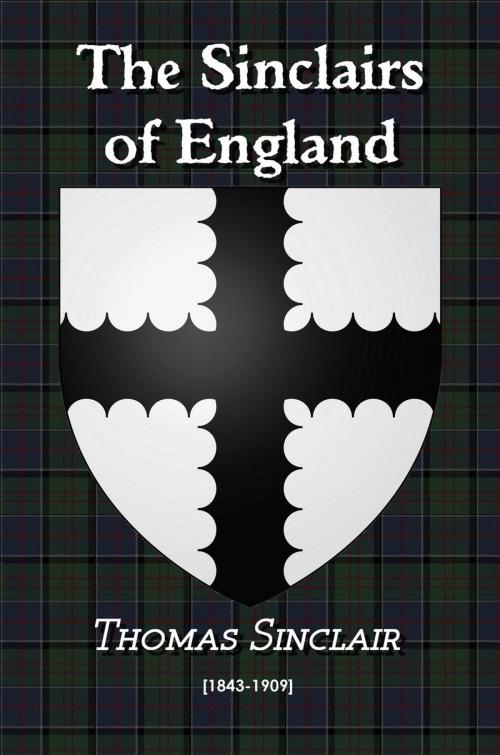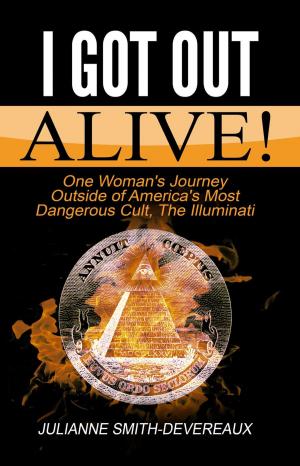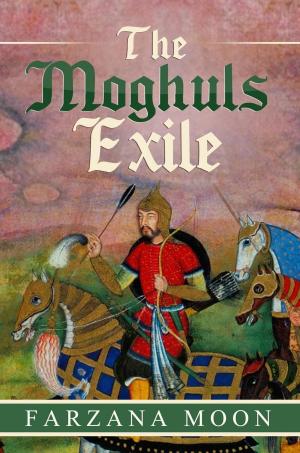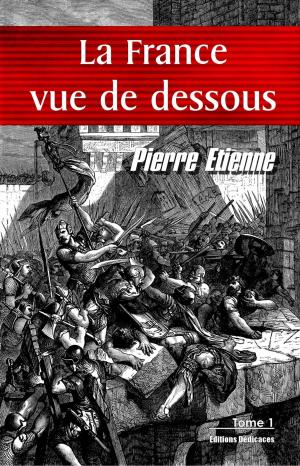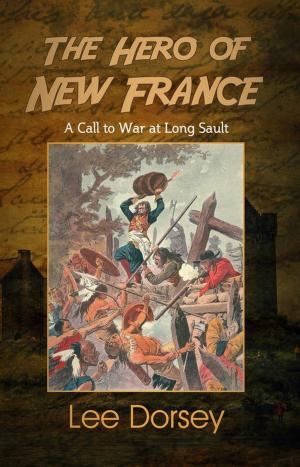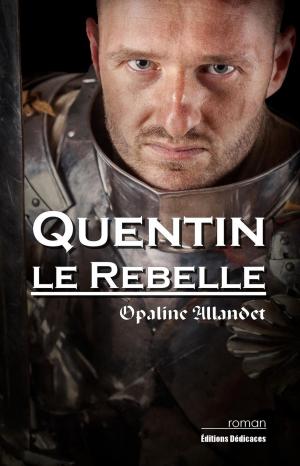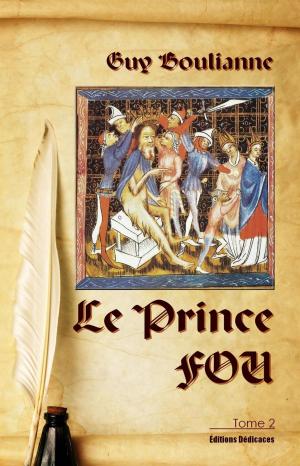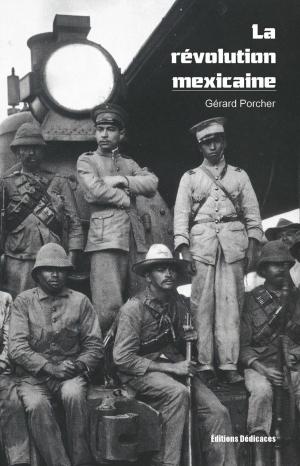| Author: | Thomas Sinclair | ISBN: | 9781770765610 |
| Publisher: | Editions Dedicaces | Publication: | December 15, 2015 |
| Imprint: | Language: | English |
| Author: | Thomas Sinclair |
| ISBN: | 9781770765610 |
| Publisher: | Editions Dedicaces |
| Publication: | December 15, 2015 |
| Imprint: | |
| Language: | English |
The Sinclairs descend from Tognvald "the Mighty", Earl of Moere in Norway and of the Orkneys. In 876 his son Hrolf "the Ganger" entered the River Seine and pillaged the countryside. King Charles "the Simple" of France made peace by granting him the Province of Normandy, and the overloardship of Brittany. The treaty was signed at Castle Saint-Clair-Sur-Epte... William The Conqueror was a first cousin of the St Clairs. Nine Sinclair knights fought with him at the Battle of Hastings. The St Clairs were granted vast estates in England.
The St Clair presence in Scotland pre-dates the Norman Conquest. William St Clair accompanied Edgar "the Atheling" to Hungary and later escorted Edgar's sister Margaret to Scotland with the Holy Rood, part of the true cross. William was granted Rosslyn "in life-rent" by the King in 1057. Rosslyn has been in the family's hands ever since. William was succeeded by Henri de St Clair, who took part in the First Crusade and the Fall of Jerusalem in 1096. This was the beginning of the Sinclair involvement with the Crusades and the Knights Templar.
The Knights Templar were welcomed to Scotland by Robert The Bruce after the Order had been suppressed by the Pope. The Sinclairs allowed them to set up a headquarters at Ballintradoch, on the Rosslyn Estate. At the Battle of Bannockburn in 1314, Sir William Sinclair and two sons led out the Knights Templar to rout the English army. This victory is still remembered by the Knights Templar at a ceremony at Bannockburn on St John's Day.
In 1398 Henry Sinclair, Earl of Orkney and Prince of Norway, set sail for the New World with 200 men-at-arms in 12 ships fitted with cannon. They reached Newfoundland and later sailed on to Nova Scotia, Henry built a settlement. Further proof of Henry's voyage is visible in Rosslyn Chapel there are carvings of Indian Maize and North American Aloe cacti, all carved before Columbus was born.
The Sinclairs produced many notable persons. Among them was Sir John Sinclair of Ulbster, who was first President of the Board of Agriculture at the time of Pitt, and the compiler and editor of the First Statistical Account of Scotland, 1791-99. Another famous descendant was Major General Arthur St Clair who served with Amherst at Louisberg and with Wolfe at Quebec. However, during the American War of Independence he was a trusted adviser of General Washington and served at many battles. He was President of Congress and Governor of the North-western Territory of the USA.
The Sinclairs descend from Tognvald "the Mighty", Earl of Moere in Norway and of the Orkneys. In 876 his son Hrolf "the Ganger" entered the River Seine and pillaged the countryside. King Charles "the Simple" of France made peace by granting him the Province of Normandy, and the overloardship of Brittany. The treaty was signed at Castle Saint-Clair-Sur-Epte... William The Conqueror was a first cousin of the St Clairs. Nine Sinclair knights fought with him at the Battle of Hastings. The St Clairs were granted vast estates in England.
The St Clair presence in Scotland pre-dates the Norman Conquest. William St Clair accompanied Edgar "the Atheling" to Hungary and later escorted Edgar's sister Margaret to Scotland with the Holy Rood, part of the true cross. William was granted Rosslyn "in life-rent" by the King in 1057. Rosslyn has been in the family's hands ever since. William was succeeded by Henri de St Clair, who took part in the First Crusade and the Fall of Jerusalem in 1096. This was the beginning of the Sinclair involvement with the Crusades and the Knights Templar.
The Knights Templar were welcomed to Scotland by Robert The Bruce after the Order had been suppressed by the Pope. The Sinclairs allowed them to set up a headquarters at Ballintradoch, on the Rosslyn Estate. At the Battle of Bannockburn in 1314, Sir William Sinclair and two sons led out the Knights Templar to rout the English army. This victory is still remembered by the Knights Templar at a ceremony at Bannockburn on St John's Day.
In 1398 Henry Sinclair, Earl of Orkney and Prince of Norway, set sail for the New World with 200 men-at-arms in 12 ships fitted with cannon. They reached Newfoundland and later sailed on to Nova Scotia, Henry built a settlement. Further proof of Henry's voyage is visible in Rosslyn Chapel there are carvings of Indian Maize and North American Aloe cacti, all carved before Columbus was born.
The Sinclairs produced many notable persons. Among them was Sir John Sinclair of Ulbster, who was first President of the Board of Agriculture at the time of Pitt, and the compiler and editor of the First Statistical Account of Scotland, 1791-99. Another famous descendant was Major General Arthur St Clair who served with Amherst at Louisberg and with Wolfe at Quebec. However, during the American War of Independence he was a trusted adviser of General Washington and served at many battles. He was President of Congress and Governor of the North-western Territory of the USA.
